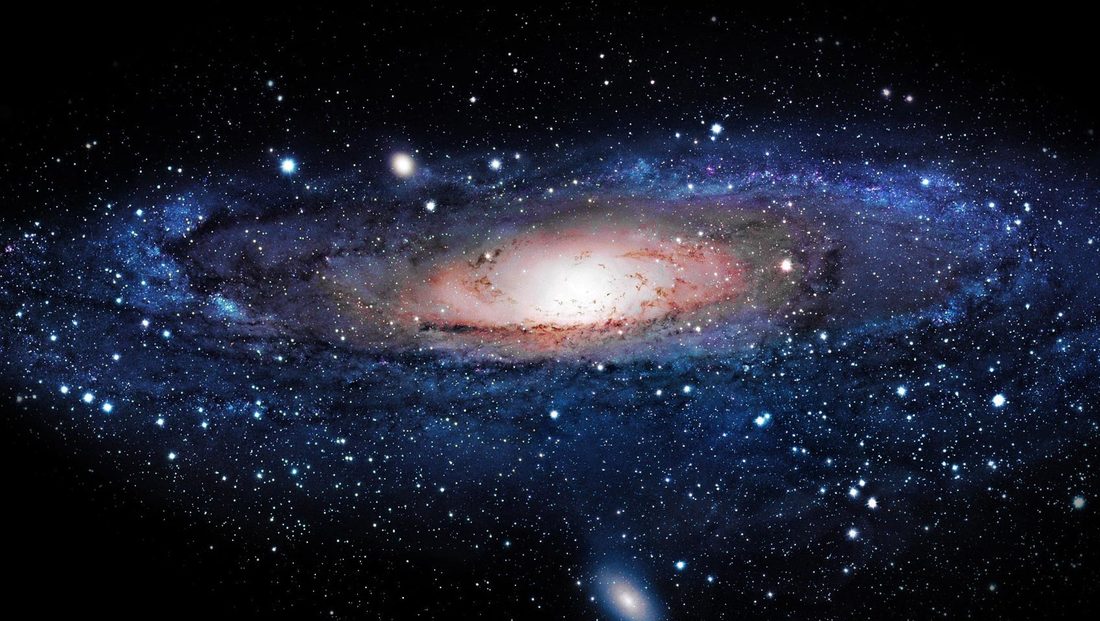|
It might seem like I jump around a lot in my writing. The ideas I like to think and write about began to interest me after reading Plato’s The Republic and really started to coalesce after reading Aristotle’s Nicomachean Ethics about the “good life”. Those two books have led down a ten year path attempting to figure out what makes for a good human life. It has resulted recently with the writings below, Philosophical Landscapes Political Philosophy: Bacteria to Utopia Thought Experiments to Live By Be Happy or Be Good? The Well-being Algorithm These writings cover psychology, philosophy, politics, evolution, and biochemistry. Figuring out what makes for a good life has more recently begun to morph into the question of what is valuable. What is good and what is valuable seem to be nearly identical questions, but differ in very important ways. We can describe the good life in terms of positive conscious experiences and those positive conscious experiences can be true from a subjective point without any actual value being attached to them. That may not be intuitive, so stick with me. As of finishing the the philosophical landscape article above, I am totally agnostic on value. If life is just the process of systems self-replicating in a sustainable process that uses resources and energy, it is not obvious that a living system is better than a non-living system. It just is. Addy Pross, who I relied heavily on in the philosophical landscape article, used a great analogy to illustrate the difference between two types of stability found in nature: one static and one dynamic. The analogy he used was a bathtub full of water. The water in the tub is statically stable and non-reactive. When we pull the plug from the drain, a vortex will emerge as the water spirals out of the tub. That vortex is dynamically stable. As a structure it will continue to exist so long as energy and resources are being added (i.e. more water into the tub). Life is the vortex in that analogy. It is dynamically stable and so long as energy and resources are added, life can self-replicate indefinitely. When the resources stop pouring in, life stops. He also uses an example of juggling in which the balls moving through space are dynamically stable, but can drop to the ground at any moment when energy stops being added to the process. The obvious question would seem to be, “Is the static water sitting in the tub “better” than the dynamic water?” They’re just two different systems: one static and one dynamic. Saying one is better than the other would seem to be utter nonsense. As individuals, we are similar to individual water drops spiraling down the vortex. While a part of that vortex structure we are alive and add to the dynamic stability of humanity, but that life ends at some point and the structure (the human species) continues on. If all life were to end and the universe resorted to just static stability, it in no way seems clear that change would be a loss of any major import. In this cosmic sense, value as it relates to life simply does not exist. From a conscious perspective, we obviously prefer to live a good life and what determines a good life is largely overlapping with what is good for the stability of our species in the long run as the philosophical landscape article tried to point out. However, it would be foolish to then assume that the good life is a valuable life. Good just means positive conscious experiences at the individual level and continued reproduction at the species level, but whether the species continues to exist is not itself valuable. Does this have implications for the good life? I’m not certain. My initial thoughts are that stating life is valueless (in a cosmic sense) doesn’t really have much connection to how one chooses to live. We still want to live in such a way that we experience positive states of consciousness while alive. Cosmic value or lack thereof simply doesn’t play into the individual life once in existence. If anything, it strengthens the position that creating more life isn’t necessary, as it isn’t valuable itself, and therefore should only be done if it adds to your good life and positive conscious experiences. Deciding whether or not to reproduce then becomes a discussion about whether or not your good life and its enhanced positive experiences as a result of having a child outweighs the overall negative state of existing at all from the child's point of view. Thinking along these different levels, one can see much more clearly where one sits in the universe. As an individual person, you are a single drop whose conscious experience lasts only a short while - the time it takes to spin around the vortex and exit the tub. On the condition that you are a conscious drop of water in that larger vortex structure, it is good to have positive conscious experiences instead of negative ones. From the viewpoint of the vortex itself, you are simply a single resource adding to its stability as a dynamic structure and the species is therefore better off in the sense that it is able to continue replicating itself with the continual addition of individuals like yourself. However, from the cosmic viewpoint, both your individual life and the life of the vortex have no more value than the static water sitting in the tub, completely non-reactive. From this perspective, the whole question as to whether a person's life or a species' existence is valuable misses the point that life itself is inherently valueless, no better or worse than a universe without it.
0 Comments
Leave a Reply. |
Archives
November 2017
|

 RSS Feed
RSS Feed